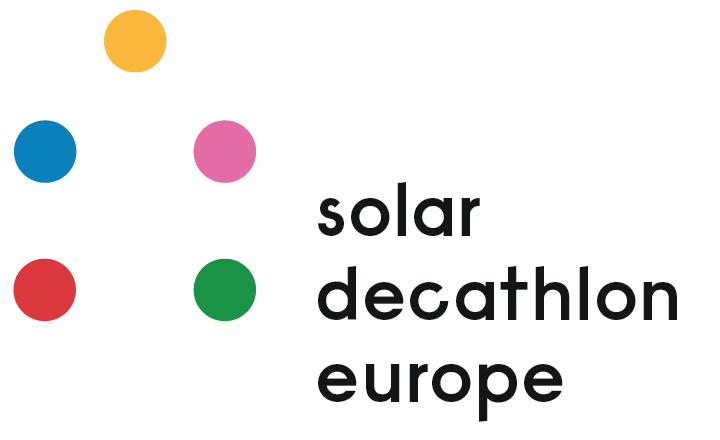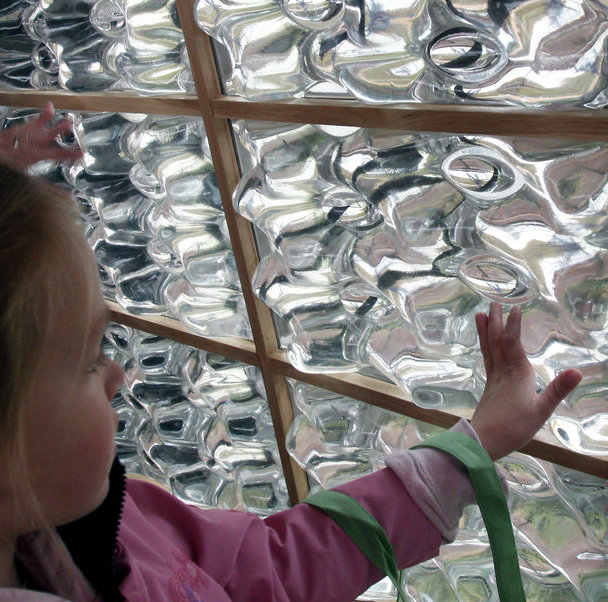The questions been sent to questions@energyendeavour.org have been answered. Every attempt has been made to give a concise, clear and consistent answer to these questions. Answers have been provided within 7 days of the deadline and published here.
Download the pdf below.
Question 1: Are applications from countries outside the European Union acceptable?
Answer: Yes. For the purposes of the Solar Decathlon Europe Call for Cities 2021, the ‘European Union’ includes countries that are part of the European Union, candidate countries to the EU, and countries closely associated with the European Union (ie members of the EEA). This includes the countries mentioned on the following website: https://europa.eu/european-union/about-eu/countries_en The EEF welcomes applications from the following countries: EU members Austria, Belgium, Bulgaria, Croatia, Cyprus, Czech Republic, Denmark, Estonia, Finland, France, Germany, Greece, Hungary , Ireland, Italy, Latvia, Lithuania, Luxembourg, Malta, Netherlands, Poland, Portugal, Romania, Slovakia, Slovenia, Spain, Sweden, United Kingdom Candidate EU Members Albania, Montenegro, Serbia, Turkey, The former Yugoslav Republic of Macedonia Other Countries closely integrated with the EU Andorra, Armenia, Azerbaijan, Belarus, Georgia, Iceland, Liechtenstein, Moldova, Monaco, Norway, Russia, San Marino, Switzerland, Ukraine, Vatican City All of the above mentioned countries are considered eligible to host the Solar Decathlon Europe.
Question 2: Is the host city expected to be the lead applicant?
Answer: No. There is no requirement for the host city to be the lead applicant. However, it is expected that the host city will endorse the lead applicant’s application to host the SDE 2021.
Question 3: One page resume: Should it be one page per partner or only one page for all partners?
Answer: The one page resume refers to each individual or a legal entity (company, institution, etc.). Applicants are expected to submit a one-page resumé of EACH person or partner in the application.
Question 4: Budget Template: Is the structure and are the categories that are shown by the Excel template mandatory? Or can the finance workbook be structured based on national funding proposal?
Answer: The budget template is provided as a guideline only. Applicants are free to structure their budget according to their organisational structure and financial planning. It is most important that the financial structure be made as clear as possible in the full application.
Question 5: What form should be used for the milestone summary (text or chart)? And how is this separated from the technical scope summary and / or the project schedule. Or can the milestones be included in the project schedule?
Answer: The milestone summary can be included in the project schedule as text or chart, identifying milestones as a list or illustrated in a separate chart, The milestone summary should include a summary of the technical scope and the project schedule to define the most important actions throughout the project. The EEF expects the applicant to show they have an understanding of the scope of the project and the planning milestones that are important to the success of the project.
Question 6: Is the structure and are the categories that are mentioned and described for document 1 part D- workplan mandatory? Or can the workplan be structured differently and is it possible to answer the topics in a combined form?
Answer: The workplan depends on the goals of the SDE21 Applicant. The structure described in part D is based on best practices over past Solar Decathon Europe events. It is up to the applicant to convincingly structure their organisation and describe this in an effective manner.
Question 7: What is meant by the summary of technical consultation for document 1 E-4? Does this address consultation before the application or after the nomination of the host city?
Answer: The Applicant should describe any expertise that would bolster the competencies of the Organisers’ team. This may be through partners with previous SD(E) experience or experience with similar activities. The applicant should describe whether this expertise is current or intended as planned members of the team.
Question 8: Are applicant cities expected to submit a revised set of rules with their full application?
Answer: No. Applicants are expected to describe the focus of their goals as it relates to issues they wish to address in their application. The full application should identify which contests, if any, would be affected by this focus. The application should address areas in the rules that require revision as a result of realigned contests or competition formats, with proposals for corresponding Deliverables and criteria for evaluation. A full revision of the rules will occur after designation, before the call for teams is issued.
Question 9: Under D: “Project Objectives” the evaluation Criterion 1 (1.10.1.) is mentioned. Should we address all topics of Criterion 1 here (again) or just the correspondence to the rules?
Answer: The reference to Criterion 1 (1.10.1) in section D Workplan is a reminder that changes to the rules of the SDE21 should be aligned with the overall objectives and values of the SDE, as is stated in Section 1.10.1_i. The topics of Criterion 1 will be evaluated primarily as they appear throughout Document 1, notably the Workplan.
Question 10: Are applications that forsee the Solar Decathlon Europe on many sites (in one city) allowed?
Answer: Yes. Applicants should identify these sites and provide evidence that there is support for the project on each site. See Section 1.12 . It is expected that a multiple-site competition event format will be convincingly articulated with the Solar Decathlon Europe values in mind. Bidding cities are reminded that numerous audiences are involved and the SDE is an public-oriented event.
The SDE21 Call for Cities Answers to Questions as a PDF file is here.

